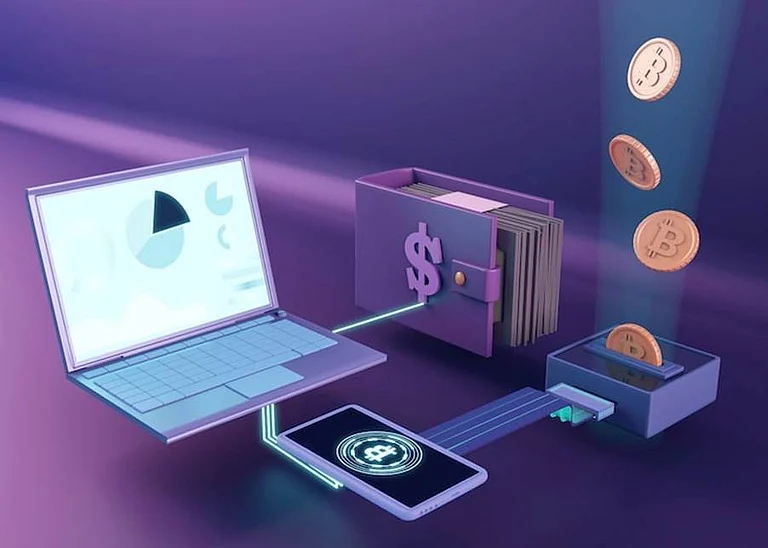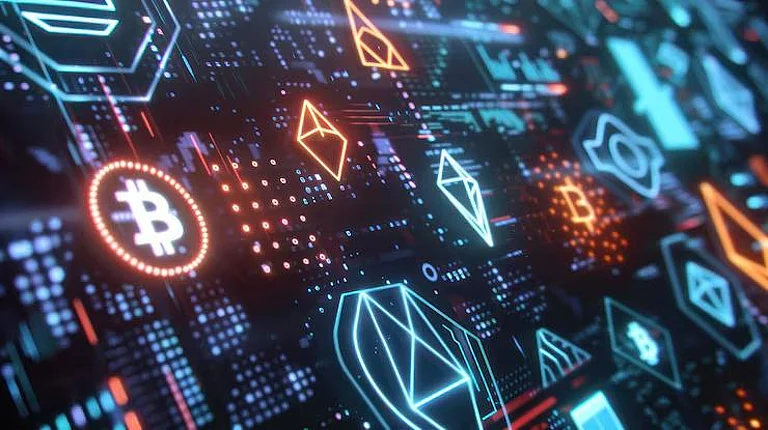Over the past few years, Decentralized Autonomous Organizations (DAOs) have been a revolutionary governance model for the cryptocurrency space. Utilizing blockchain technology and smart contracts, DAOs enable community-driven decision-making processes that are secure, transparent, and autonomous. In crypto exchanges, DAO governance permits users to take ownership of important operational and strategic decisions, bringing the platform's development in line with its community's interests.
The rise of DAOs marks a fundamental shift from traditional centralized governance models to decentralized, community-led structures. Within crypto exchanges, DAO governance empowers token holders to participate in decisions that affect listings, fee structures, treasury management, and platform upgrades. This fosters transparency, fairness, and innovation while giving communities the tools to co-create the future of their platforms.
Through an understanding of how DAO-based governance functions, participants come to value the mechanisms through which crypto exchanges can develop in a manner that caters to general community interests.
DAO Governance Understanding
What is a DAO?
A Decentralized Autonomous Organization (DAO) is a digital organization governed by smart contracts on a blockchain. Unlike traditional organizations, DAOs do not rely on centralized leadership; instead, power is distributed among stakeholders. DAO members typically hold governance tokens, which give them voting rights on proposals and key decisions.
All actions taken by DAO are stored on the blockchain, thus being transparent and permanent. This makes decisions traceable, and members can hold other members accountable without the need for a central authority.
Governance Models in DAOs
DAOs can use various governance models to organize decision-making:
Token-Based Governance: One's voting power is determined by the amount of tokens held. Although commonly used in DeFi projects, it can concentrate power in whales' hands.
Reputation-Based Governance: The right to vote is attached to a member's reputation or value contributions. This promotes active involvement and knowledge-based decision-making.
Hybrid Governance: Blends token-based and reputation-based voting to reconcile financial investment with community participation.
Crypto Exchanges Community-Driven Decision-Making
DAO governance gives crypto exchanges tools to incorporate community opinion into key platform decisions. Some of these areas are:
1. Token Listings
The community can suggest new tokens for listing and vote on them. This helps ensure that the exchange is in line with user demand without compromising on quality. Listings which are community-driven also minimize manipulation or arbitrary choices which are common to centralized exchanges.
2. Fee Structures and Policies
DAO governance enables members to shape trading fees, withdrawal volume, and other policies. This ensures that the platform develops in a manner that is responsive to user demands, balancing profitability for the exchange and justice for traders.
3. Platform Enhancements and Feature Development
Collective decisions regarding the addition of new features, development of user interfaces, or the implementation of security patches are made. The community can vote on prioritizing the features they believe will be most beneficial, driving adoption and satisfaction.
4. Treasury Management
DAOs typically handle a treasury financed by exchange revenues, fees, or tokenomics schemes. Allocations for marketing, development, partnerships, or grants can be proposed by members in order to ensure transparent and strategic use of funds.
5. Governance Token Distribution
The distribution of governance tokens can be determined through community voting. Providing equitable and fair distribution avoids centralization and ensures sustainable ecosystems in the long run.
Practical Steps for Community-Driven DAO Decisions
Here's a step-by-step demonstration of how decisions are executed in DAO-based crypto exchanges:
Step 1: Submission of Proposals – Any member with governance tokens is eligible to submit a proposal.
Step 2: Community Debate – Proposals are debated on forums or governance portals to refine concepts.
Step 3: Voting Phase – Token holders vote on proposals according to their governance rights.
Step 4: Enforcement – Approved proposals are enforced through smart contracts, and it remains transparent and accountable.
Step 5: Feedback and Iteration – The results are analyzed, and the community gives feedback for additional optimization.
Benefits of DAO Governance in Crypto Exchanges
DAO-based governance has several advantages for crypto exchanges and their communities:
Transparency: All proposals, votes, and actions are logged on-chain, with complete transparency.
Decentralization: Minimizes dependence on central authorities, lowering the potential for bias or manipulation.
Community Involvement: Invites users to actively engage in decisions, generating a feeling of ownership.
Security: Smart contracts execute processes, eliminating human fallibility and operational threats.
Innovation: Group problem-solving tends to create more creative solutions suited to community requirements.
Resilience: Decentralized frameworks tend to be more resistant to unexpected market or regulatory incidents.
Challenges and Issues
Even with their benefits, DAO governance models have practical issues:
Voter Participation: Making sure there is enough participation to cover the entire community is challenging. Low participation can lead to decisions that represent an active minority only.
Token Concentration: High holders of tokens can dominate the voting, leading to imbalances. Aspects such as quadratic voting can solve this.
Smart Contract Vulnerabilities: Exploits or bugs in smart contracts can have severe financial consequences.
Regulatory Uncertainty: Most jurisdictions are in the process of promulgating laws for DAO governance and crypto exchanges, which can bring legal uncertainty.
Comparison Table: DAO Governance vs Traditional Exchange Governance
Aspect | DAO Governance | Traditional Governance |
Decision-Making | Community-driven on-chain voting | Centralized executive-led |
Transparency | Fully recorded on blockchain | Limited internal reporting |
Participation | Open to all token holders | Restricted to executives or board |
Security | Automated through smart contracts | Manual processes higher human error |
Adaptability | Rapid community-driven changes | Slower top-down implementation |
Conclusion
DAO-based governance structures offer a revolutionary approach to decision-making in crypto exchanges. By empowering communities to influence platform policies, upgrades, and treasury allocations, DAOs promote transparency, fairness, and innovation. While challenges such as voter participation and token concentration exist, the potential benefits in engagement, decentralization, and resilience make DAOs a compelling model for the future of crypto exchanges.
As the crypto ecosystem evolves, DAO governance will likely become a standard for exchanges seeking to involve their communities actively in shaping the platforms they use and trust.
FAQ’s
Q1: How do DAOs ensure fair voting?
Mechanisms like quadratic voting limit the influence of large token holders and encourage broader participation.
Q2: Can anyone participate in a DAO?
Participation typically requires holding governance tokens, which can be earned or purchased.
Q3: Are DAOs legally recognized?
Legal recognition varies by jurisdiction. Some countries are developing frameworks to formalize DAOs as legal entities.
Q4: What happens if a proposal passes?
Approved proposals are executed automatically via smart contracts, ensuring transparency and efficiency.
Q5: How do DAOs influence crypto exchanges?
By allowing community members to vote on token listings, fees, platform upgrades, and treasury management, DAOs ensure that crypto exchanges operate in alignment with user needs and community interests.

























